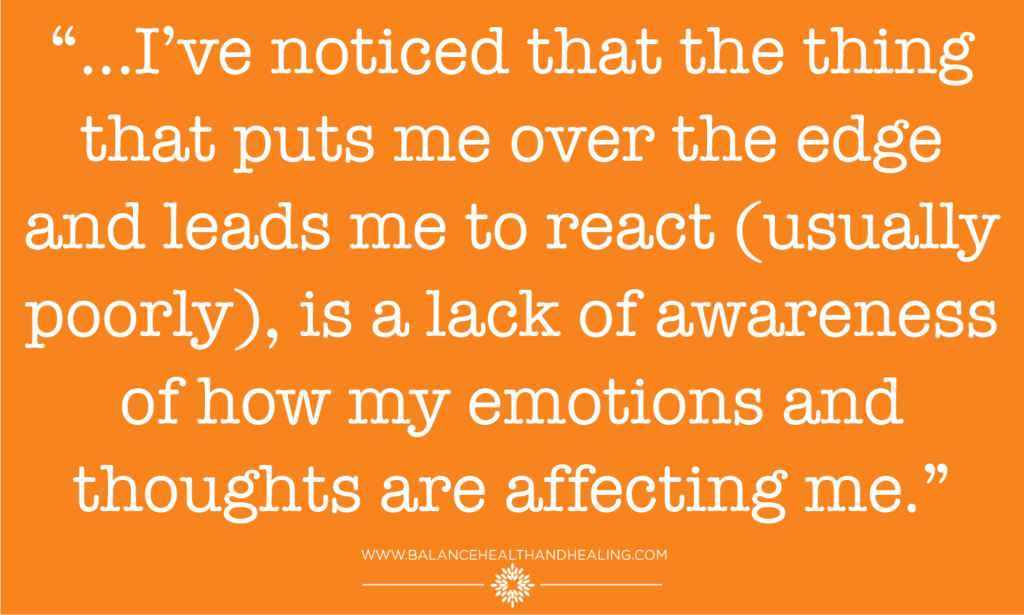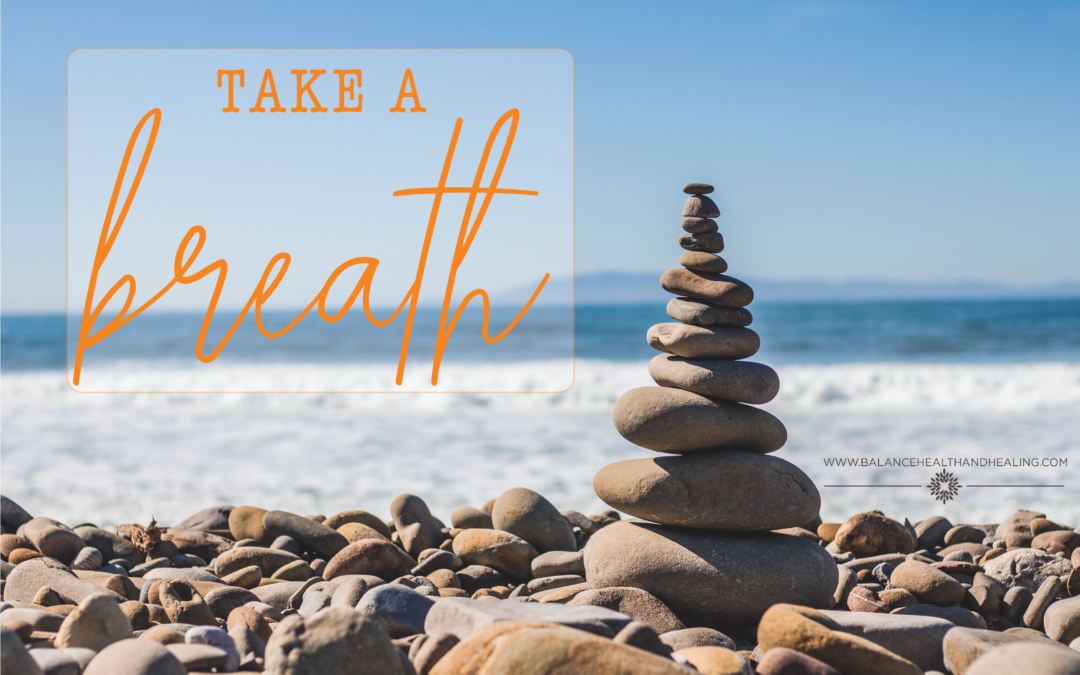For the past few months I’ve been learning about and trying (mostly failing) to practice mindfulness.
While I haven’t been great at consistently practicing mindful meditation (I get so dang sleepy), I have been trying to be more aware of what is going on around me, in my thoughts, and in my emotions, without passing judgement on those things.
 As I’m sure you all know, this is much easier said than done. Like, wayyyyy wayyyy easier said than done. It’s second nature to place our mental labels and preconceived notions on our environment or our thoughts. In other words, it’s really easy to impulsively react to things, rather than thoughtfully respond.
As I’m sure you all know, this is much easier said than done. Like, wayyyyy wayyyy easier said than done. It’s second nature to place our mental labels and preconceived notions on our environment or our thoughts. In other words, it’s really easy to impulsively react to things, rather than thoughtfully respond.
As I’ve practiced being more mindful of everything going on in between my ears, I’ve noticed that the reason I usually react, rather than respond, is due more to my emotional state than it is to a stimulus from my environment.
There are certainly plenty of things that bug, annoy, frustrate, confuse, and bother me in my life, but after being mindful I’ve noticed that the thing that puts me over the edge and leads me to react (usually poorly), is a lack of awareness of how my emotions and thoughts are affecting me.
(usually poorly), is a lack of awareness of how my emotions and thoughts are affecting me.
Commuting to work is a great example. For the last few months I’ve had a job that required me to commute about 40 minutes on busy roads. My emotional state during my morning commute vs. my afternoon commute is often very different, resulting in different actions. In the morning I’m usually too sleepy to care enough about getting upset or angry about other drivers. On the other hand, during my drive home I’m usually exhausted from work, and ready to be done with humans for a little bit. I could have someone cut me off on either of these commutes and have very different responses. In the morning I’d likely be a bit less sleepy, and mildly annoyed, but otherwise fine. In the afternoon though, I might yell, honk the horn, say words my mother wouldn’t approve of, and I might not let go of those negative emotions for a few hours.
The difference in my emotional state in each situation leads to a difference in my reaction.
Let me share a quote from Viktor Frankl:
“Between stimulus and response there is a space. In that space is our power to choose our response. In our response lies our growth and our freedom.”
This is one of the most famous quotes from Frankl. As I’ve considered it within the context of mindfulness, it’s taken on a bit of a new meaning.
Prior to learning about mindfulness, I might’ve thought simply that Frankl’s quote meant that if you punched me, I had the choice between punching you or kicking you. Turns out it goes a little deeper than that (crazy right?).
Now, what the quote might mean is that even deeper than the space between physical stimulus and physical response, is the space between emotional stimulus and response.
 What I don’t believe Frankl is saying is that the space to choose a response is between the outside stimulus and your emotions. In other words, I don’t think you have much, if any control over your emotional reaction to things. But what I believe is that there is a space between that emotional reaction, and physical, verbal, conscious action.
What I don’t believe Frankl is saying is that the space to choose a response is between the outside stimulus and your emotions. In other words, I don’t think you have much, if any control over your emotional reaction to things. But what I believe is that there is a space between that emotional reaction, and physical, verbal, conscious action.
What I’m getting at is that because you feel a certain way doesn’t mean you need to act that way. We all feel emotions, thinking that we can somehow become a robot impervious to feeling angry or upset or sad is completely unrealistic. It is normal and natural to be upset when things don’t go our way, or to feel lazy, or even to feel ecstatically happy when things do work out.
What is important, is how we respond to those feelings. It might sound dishonest or untrue to the “real you” to feel one way but act another, but if we all acted how we felt 100% of the time, there would be way more grouchy people in the world. Consciously choosing to act, rather than impulsively reacting, is key to handling the emotional rollercoaster of life.
So, next time that other car cuts you off in traffic, you get some criticism in school or work, or you hear someone else’s political view that doesn’t align with your own, recognize your feelings for what they are, take a breath, and consciously act in accordance with your values. We would all benefit immensely if more of us took the time to thoughtfully act, rather than going with our often thoughtless, angry, sometimes even hateful, knee-jerk reactions.

